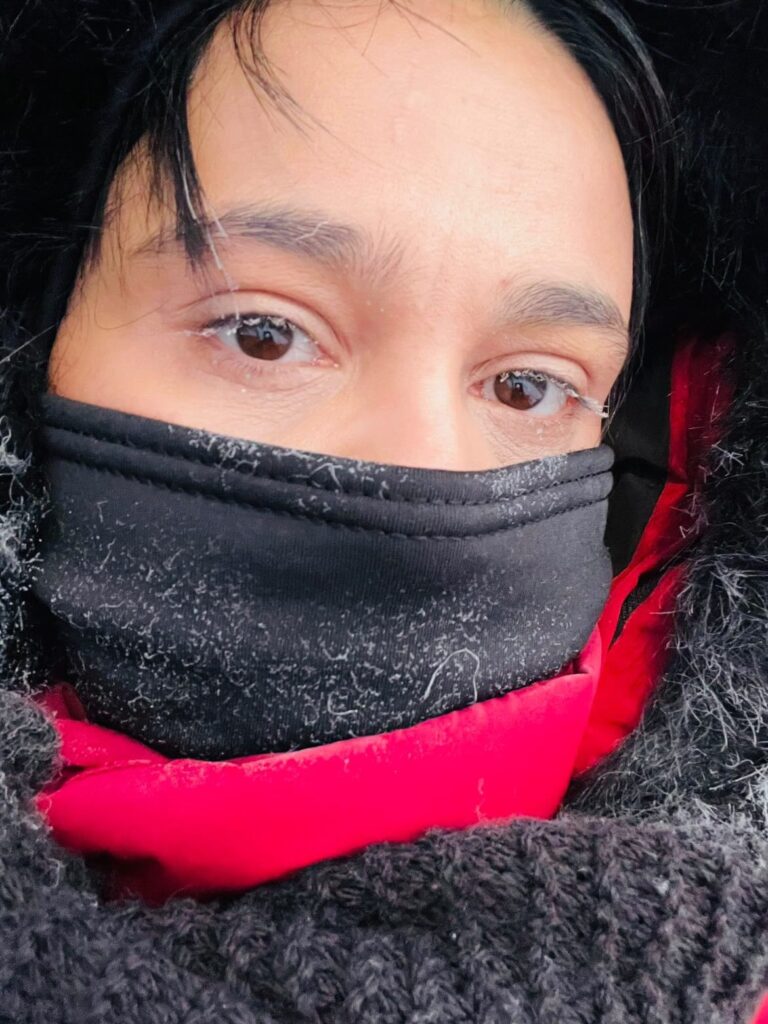For those living in regions with long, cold winters, mental health can take a significant hit. Months of limited sunlight, freezing temperatures, and isolation can lead to a condition commonly known as Seasonal Affective Disorder (SAD) or simply leave many feeling unmotivated and low. Prioritizing mental health during these cold months is essential for maintaining overall well-being.
Let’s explore the challenges of winter mental health and actionable steps to thrive even in the harshest conditions.
Why Winter Impacts Mental Health

- Reduced Sunlight: Short days and overcast skies lead to lower levels of vitamin D, which is crucial for mood regulation.
- Isolation: Cold weather often limits social interactions, leaving people feeling disconnected.
- Lack of Outdoor Activity: Snow and ice can make it harder to exercise or enjoy nature.
- Biological Changes: Reduced sunlight can disrupt circadian rhythms and serotonin production, both of which are linked to depression.
“Winter blues are more than a myth. Understanding the science behind it helps us create better coping strategies.” – Dr. Norman Rosenthal, Psychiatrist and Author of Winter Blues.
Signs of Seasonal Affective Disorder (SAD)
SAD is more than just feeling down—it’s a form of depression triggered by seasonal changes. Common symptoms include:
- Persistent sadness or low mood.
- Fatigue and low energy, even after sleeping.
- Loss of interest in activities once enjoyed.
- Difficulty concentrating.
- Increased cravings for carbs and sugar, often leading to weight gain.
If these symptoms persist, it’s important to seek help from a mental health professional. Learn more about SAD.
Strategies for Supporting Mental Health During Winter
1. Maximize Exposure to Natural Light
- Spend time outdoors during daylight hours, even if it’s cloudy.
- Arrange your home to maximize sunlight—keep curtains open and sit near windows.
- Use a light therapy box, a proven tool for combating SAD. Brands like Verilux HappyLight offer effective options.
2. Stay Active
Exercise is a powerful mood booster. Even 20 minutes a day can make a difference.
- Try indoor workouts like yoga, dance, or strength training. Apps like Nike Training Club offer free guided sessions.
- Bundle up and embrace winter sports like skiing, snowshoeing, or simply taking brisk walks in the snow.
“Exercise is the most transformative thing you can do for your brain.” – Dr. Wendy Suzuki, Neuroscientist.
3. Prioritize Social Connections
Isolation can exacerbate feelings of sadness. Make an effort to stay connected:
- Host virtual gatherings if in-person meetings are challenging.
- Join community activities like book clubs, fitness classes, or hobby groups. Check platforms like Meetup for local events.
- Volunteer—it’s a great way to connect with others and give back.
4. Eat a Balanced Diet
What you eat impacts your mood.
- Include foods rich in vitamin D (e.g., salmon, egg yolks) and omega-3 fatty acids (e.g., walnuts, flaxseeds).
- Avoid excessive refined sugar, which can lead to energy crashes.
- Consider a vitamin D supplement during the darkest months, but consult your doctor first.
5. Practice Mindfulness and Self-Care
Winter is an excellent time to nurture your mental well-being through mindfulness and relaxation:
- Meditate with apps like Headspace or Calm.
- Create a cozy space for yourself with soft lighting, warm blankets, and calming scents.
- Journaling can help you process emotions and focus on gratitude.
6. Seek Professional Help When Needed
If feelings of depression persist, it’s important to seek support. Therapy, counseling, or medication can help manage winter-related mental health challenges. Many professionals offer online therapy, making it accessible even in remote areas.
Check platforms like BetterHelp or Talkspace.
Embracing Winter with a Positive Mindset
Instead of dreading winter, try reframing it as an opportunity:
- Hygge Lifestyle: Adopt this Danish practice of finding joy in coziness, comfort, and simple pleasures.
- Winter Bucket List: Plan seasonal activities like hot chocolate nights, ice skating, or movie marathons.
- Celebrate the Small Wins: Acknowledge small efforts, like taking a walk or calling a friend, as successes.
Inspirational Quotes
“To appreciate the beauty of a snowflake, it is necessary to stand out in the cold.” – Aristotle
“Winter is not a season, it’s a celebration.” – Anamika Mishra
Conclusion: Thriving Through Winter
While long, cold winters can challenge mental health, there are countless ways to nurture your well-being. By focusing on light, connection, activity, and self-care, you can not only survive but thrive during the chilliest months. Remember, seeking support is a sign of strength, and brighter days are always ahead.

